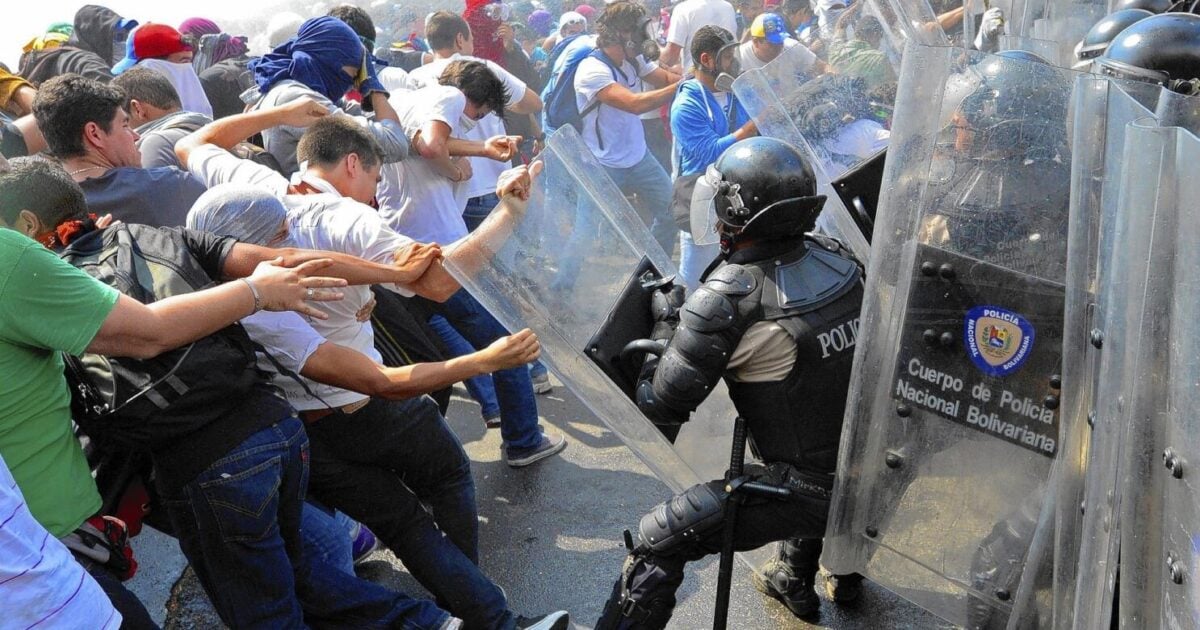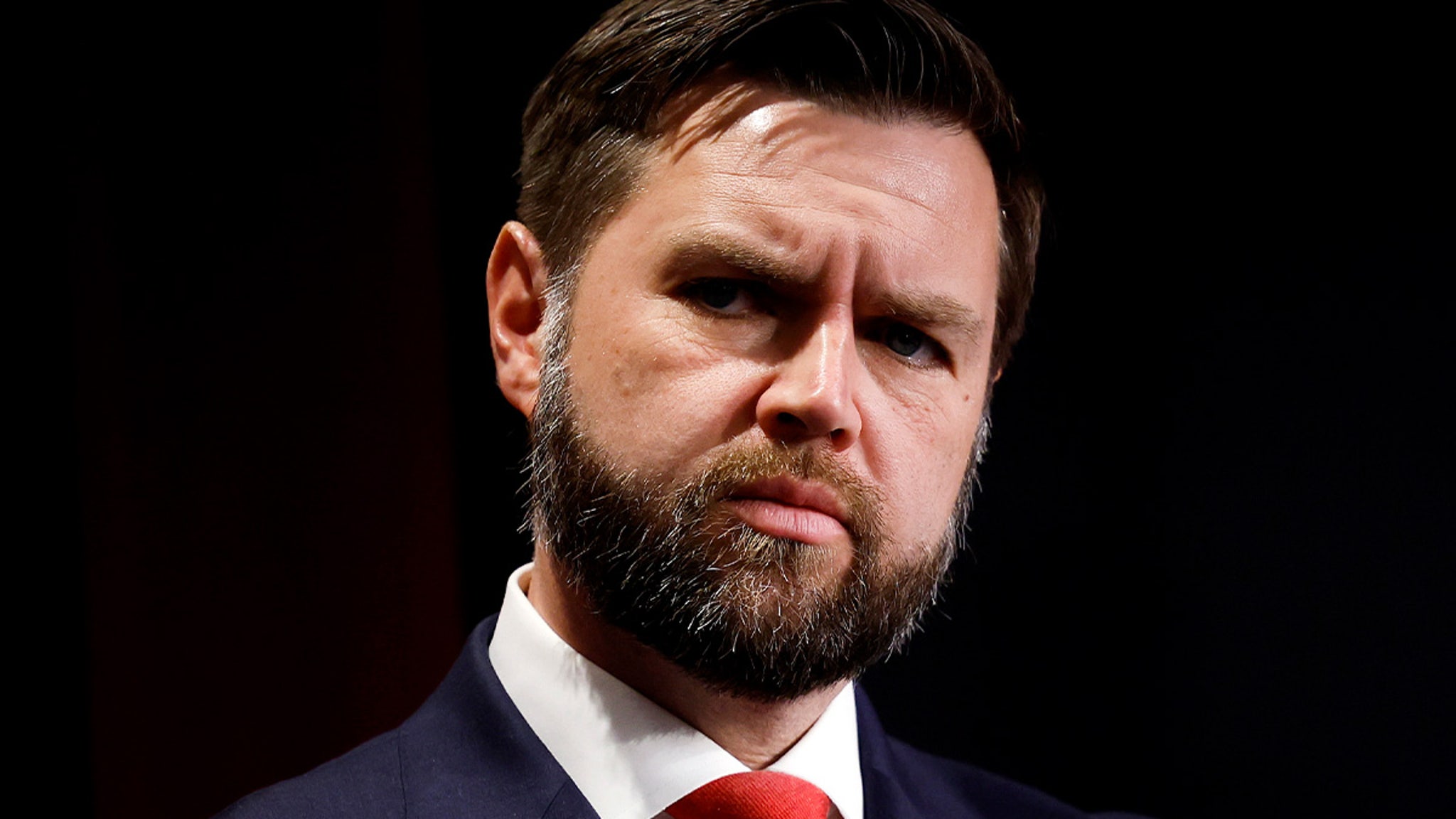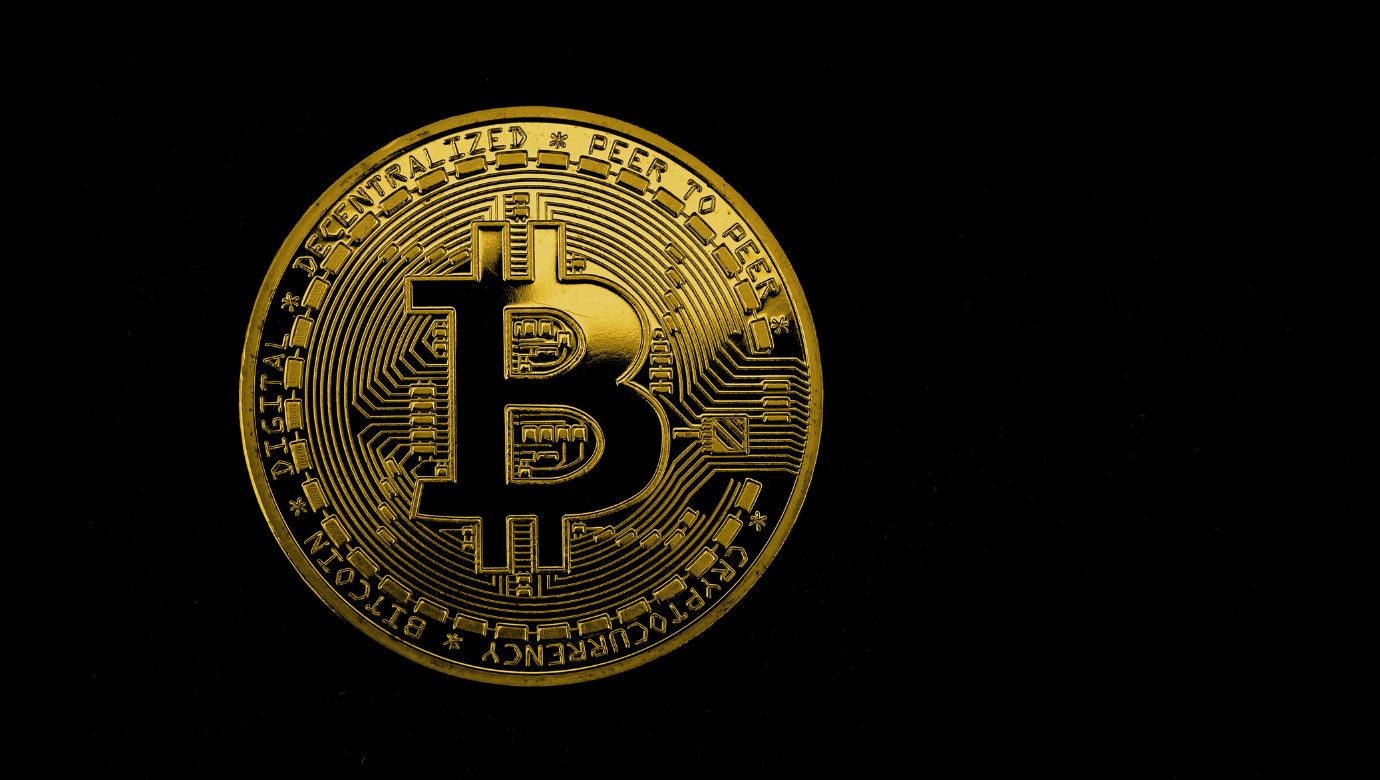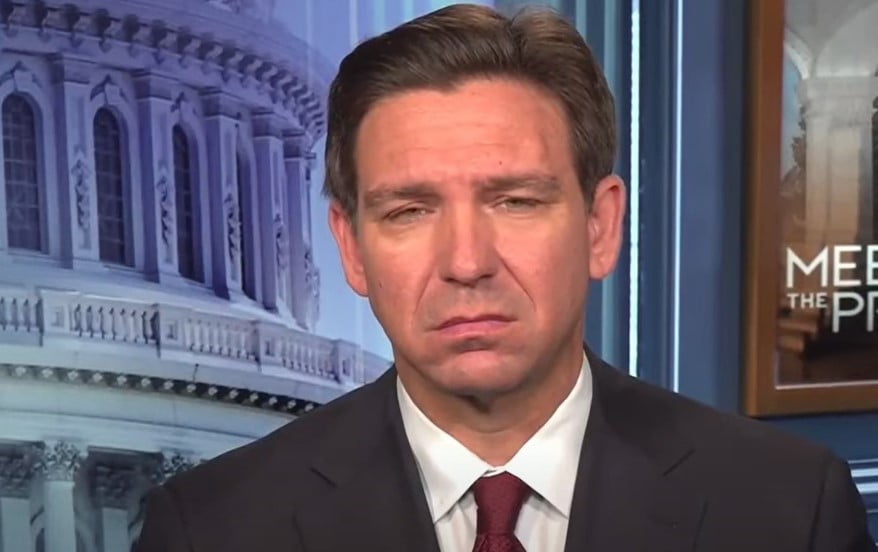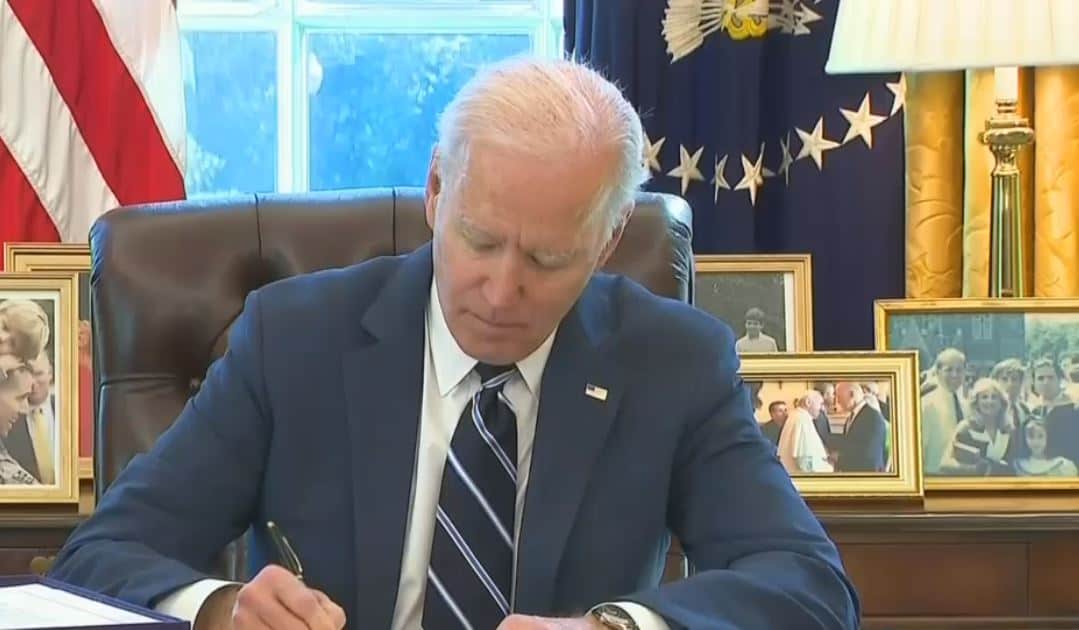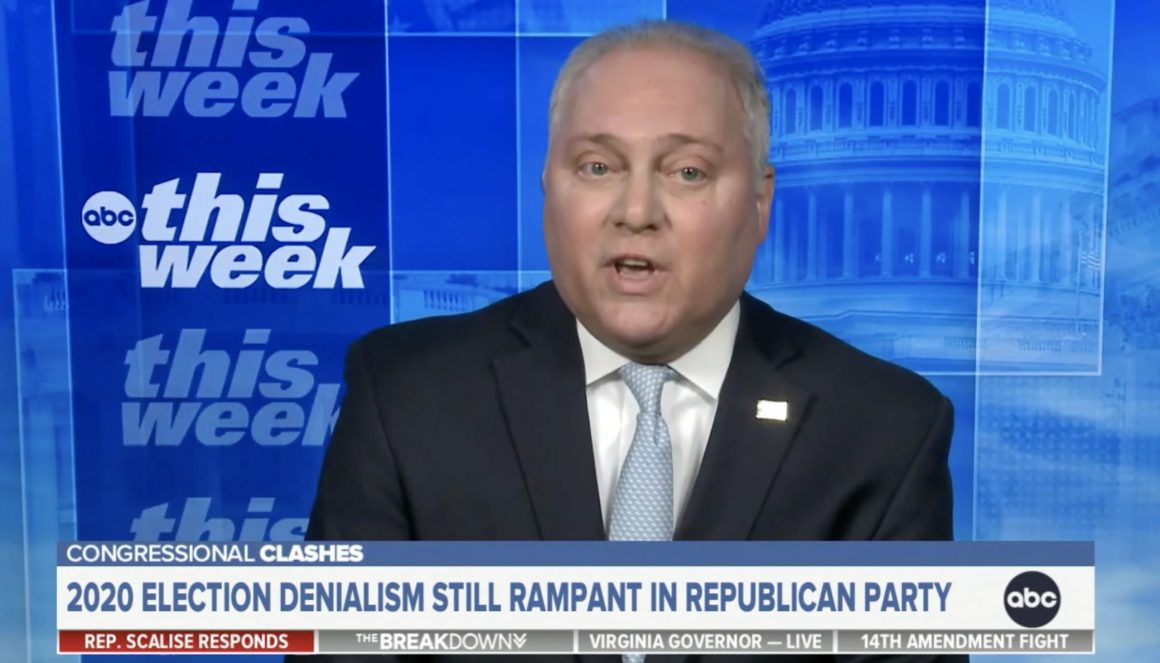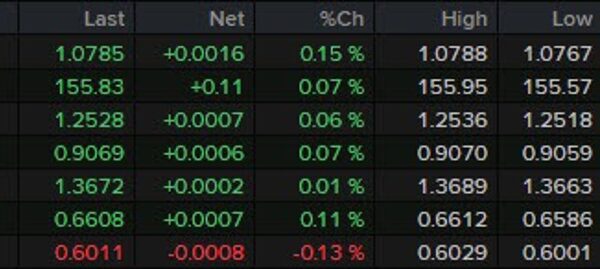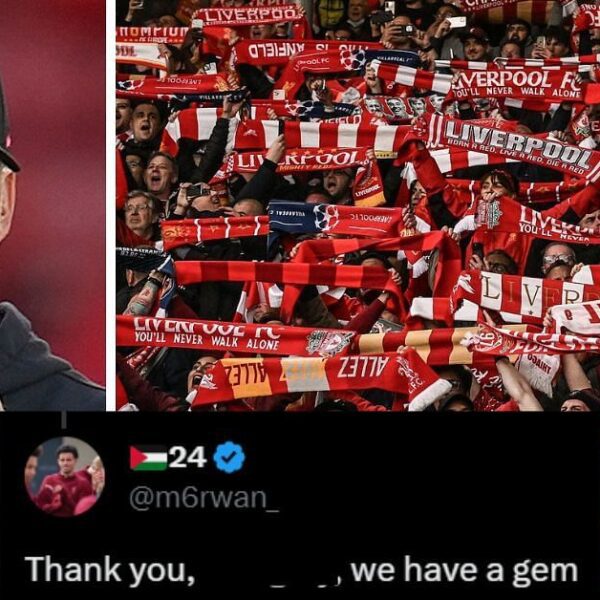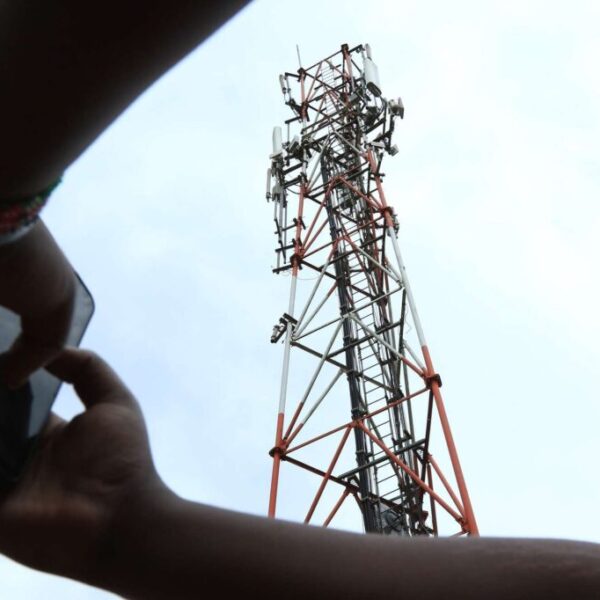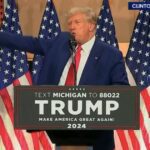This article originally appeared on GatewayHispanic.com and was republished with permission.

In light of the events unfolding in Venezuela, there is a strong campaign on X (formerly Twitter) supporting Venezuelans and constantly denouncing fraud in the elections. Let’s review today’s events:
Santiago Abascal, leader of the VOX party in Spain, recently posted on Twitter the wanted poster issued by the U.S. government offering a reward of 15 million dollars for information leading to the arrest of Nicolás Maduro. The U.S. government accuses Maduro of drug trafficking, corruption, and undermining democracy in Venezuela. According to available information, these accusations are part of a broader set of charges related to drug trafficking and arms use, involving high-ranking officials of the Venezuelan regime, including military personnel and judges.
— Santiago Abascal (@Santi_ABASCAL) July 30, 2024
The president of the Supreme Court of Justice of Venezuela in exile declared this morning that the OAS technical report evidences Maduro’s self-coup to cling to power.
The report details how Maduro’s regime has systematically manipulated the country’s democratic institutions to maintain control, including the use of the National Electoral Council (CNE) and the Supreme Court of Justice to invalidate unfavorable electoral results and suppress the opposition.
The conclusion is clear: “results without formal public records should not receive democratic recognition” said the president of the Supreme Court of Justice of Venezuela in exile today.
Since the highly criticized 2018 presidential election, which was marred by irregularities and a lack of transparency, Maduro has consolidated his power through authoritarian tactics such as repressing demonstrations, imprisoning opponents, and controlling the judicial and electoral apparatus.
The militarization of the government and the loyalty of the armed forces have been crucial for his stay in power, despite the deep economic crisis and international sanctions.
The president of the Supreme Court of Justice of Venezuela in exile declared this morning: “The technical report from @OAS_official evidences Maduro’s self-coup to cling to power. The conclusion is clear: results without formal public records should not receive democratic recognition.”
President of the Supreme Court of Justice of Venezuela in exile stated this morning: The @OEA_oficial technical report evidences Maduro’s self-coup to cling to power.
The conclusion is clear, and results without formal public records should not receive democratic recognition. pic.twitter.com/efmvqWjSjK
— María Herrera Mellado (@MariaHerreraMe) July 30, 2024
Gateway Hispanic reposted a video on X from a social media user that read, “This is what socialism does! How does one of the richest countries in the world in terms of oil reserves end up with its people begging for bread from a bakery and looking for ways to burn and tear down statues and symbols of false communist idols?”
This is what socialism does! How one of the world’s richest countries in oil reserves ends up with its people begging for bread from a bakery and looking for ways to burn and tear down statues and signs of false communist idols. pic.twitter.com/W0vSBiFTng
— Gateway Hispanic (@GatewayHispanic) July 30, 2024
Yesterday, Mark Zuckerberg, CEO of Meta, took a significant action by removing Nicolás Maduro’s verification badge from Facebook and Instagram. This decision considerably limits the Venezuelan leader’s reach on these platforms, marking a strong move in the context of the accusations of drug trafficking, corruption, and undermining democracy that Maduro faces.
The removal of the verification badge was part of Meta’s policies to enhance authenticity and security on its services. Zuckerberg noted that the new verification system, which requires government identification, aims to provide greater protection against identity fraud and improve customer support.
Elon Musk, owner of X (formerly Twitter), reacted to requests from X users, commenting that Meta’s move was “inevitable” and suggesting that he might take a similar path.
Musk has been an outspoken critic of Zuckerberg and has taken drastic measures on his own platform, such as removing previous verifications and introducing Twitter Blue, a subscription-based system for verification.
The question was whether Musk would follow Zuckerberg’s lead and take similar actions against Maduro on X anad he did.
Mark Zuckerberg removed verification badge limiting the reach of the narcogenocidal Nicolás Maduro on Facebook and Instagram. Will @elonmusk do the same?
Mark Zuckerberg removed the verification badge limiting the reach of the narcogenocidal Nicolás Maduro on Facebook and Instagram. Will @elonmusk do the same?! pic.twitter.com/hCKyKX8kLs
— Gateway Hispanic (@GatewayHispanic) July 30, 2024
Later in the day, @OAS_official reported irregularities in the electoral process in Venezuela. In its report, the Department of Electoral Cooperation and Observation highlighted serious manipulations and repression by Maduro’s regime, compromising the transparency of the 2024 elections.
The report details multiple incidents of coercion and electoral fraud, including manipulation of the voter registry, use of state resources to influence votes, and intimidation of opposition candidates and voters.
Additionally, it noted restrictions on press freedom and censorship of independent media, which hindered impartial coverage of the electoral campaign.
According to the OAS, these practices have undermined the credibility of the electoral process and cast doubt on the legitimacy of the results declared by Venezuela’s National Electoral Council (CNE).
The @OAS_official reports irregularities in the electoral process in Venezuela In a report issued today, the Department of Electoral Cooperation and Observation highlighted serious manipulations and repression by Maduro’s regime compromising the transparency of the 2024 elections pic.twitter.com/MAsnUA9ztQ
— Gateway Hispanic (@GatewayHispanic) July 30, 2024
On the other hand, the Venezuelan Defense Minister declared that the country was “facing a coup orchestrated by the right-wing and imperialism.” He even urged the military to rebel against those he claims are trampling on Venezuela’s Constitution and refusing to accept the electoral results.
The reality is that the Venezuelan regime is increasing its repression and reinforcing military control on the people with the help of Cuban advisors, who have played a crucial role in reorganizing the Venezuelan military intelligence and training specialized units to suppress any uprising.
Opposition leaders have called for a military uprising, although they have so far been unsuccessful in mobilizing the armed forces against the regime, highlighting Maduro’s consolidation of control over the military establishment.
El Ministro de Defensa de dicen que “Estamos en presencia de un golpe de Estado fraguado por la derecha y el imperialismo”.
Y llama a los militares
a rebelarse en contra de los que hoy pisotean la Constitución de Venezuela y se niegan a aceptar las elecciones ️ pic.twitter.com/zzeMeuhHFC— María Herrera Mellado (@MariaHerreraMe) July 30, 2024
Jorge Rodríguez, President of the National Assembly and Nicolás Maduro’s campaign chief, has demanded the imprisonment of Edmundo González Urrutia and María Corina Machado, leaders of the Venezuelan opposition.
In his statements, Rodríguez accused both politicians of attempting to destabilize the country with a plan he claims is designed to create “unease, instability, suffering, dismissal, theft, and death” in Venezuela.
He also compared them to Javier Milei’s government in Argentina, accusing them of promoting neoliberal policies that would only benefit elites and harm the most vulnerable populations.
Rodríguez further alleged that the opposition’s plan includes the privatization of companies and public services, eliminating subsidies, and increasing the cost of basic services such as electricity and gas.
He claimed these changes aim to benefit opposition allies and foreign consortia at the expense of the Venezuelan people’s well-being. These statements are part of a chavista strategy to delegitimize the opposition.
‼️ Jorge Rodríguez demands imprisonment for @EdmundoGU and @MariaCorinaYA pic.twitter.com/KFzeWKDYzc
— Gateway Hispanic (@GatewayHispanic) July 30, 2024
At the diplomatic level, the government of Peru has officially recognized Edmundo González Urrutia as the elected president of Venezuela in the elections held last Sunday.
Peru’s Foreign Minister, Javier González-Olaechea, made this announcement, highlighting that the decision is based on reports from international observers who identified numerous irregularities in the electoral process managed by Nicolás Maduro’s regime.
This move adds to the actions of several countries that have expressed support for the Venezuelan opposition, seeking a democratic and peaceful resolution to the political crisis in Venezuela.
BREAKING The government of Peru officially recognizes Edmundo González Urrutia as the elected president of Venezuela in the elections held last Sunday, states Foreign Minister Javier González-Olaechea pic.twitter.com/4vlYWzJHx8 pic.twitter.com/QMQ9J2Xncy
— Gateway Hispanic (@GatewayHispanic) July 30, 2024
Also on X, some users shared videos that showed electrical generators being moved to the Miraflores Palace in Caracas, suggesting the likelihood of power outages in the coming hours.
Venezuela’s electrical problems are due to systemic failures in the energy sector, including the non-operability of many turbines at the Guri hydroelectric plant and the low operational capacity of the country’s thermal power fleet.
SEE They are moving electric generators to the Palace of Miraflores, a sign that electrical blackouts are likely expected in the coming hours. pic.twitter.com/UNemXx7CpT
— Gateway Hispanic (@GatewayHispanic) July 30, 2024
Here are some chilling statistics of the atrocities committed by dictator NicolásMaduro and his regime in Venezuela.
Here are some gruesome statistics of the atrocities committed by dictator #NicolásMaduro and his regime in #Venezuela
Credits: @infobae pic.twitter.com/AqRpe7yNsY
— Gateway Hispanic (@GatewayHispanic) July 30, 2024
U.S. Representatives, especially the ones in South Floridad have responded to Maduro’s allies. Honduras Foreign Minister Enrique Reina reacted to the publication by Republican Congressman Carlos A. Giménez, stating that he has no authority or moral standing to intervene in the sovereign decisions of a state.
Response from @RepCarlos to @EnriqueReinaHN!!
“I am a U.S. Congressman, and thankfully, in this great nation, we have freedom of speech.
This is not #Honduras, where you and the regime of @XiomaraCastroZ intimidate the press and attempt to silence opposing voices.
✍️ https://t.co/3o8KvMOHfc— Gateway Hispanic (@GatewayHispanic) July 30, 2024
Venezuelans say this is state terrorism and the world needs to see it.
VERY URGENT ‼️ They released a video and reported that tyrant Maduro
has sent his political police to kidnap polling station witnesses simply for doing their job.Venezuelans claim that this is state terrorism and the world needs to see this! https://t.co/iZRAH8FqUZ
— Gateway Hispanic (@GatewayHispanic) July 30, 2024
One of the most viral videos today is connected with the recent detention of Freddy Superlano, the leader of Voluntad Popular, by the Venezuelan dictatorship. According to reports, his vehicle was shot at, subsequently crashed, and he was kidnapped by regime agents.
This repressive act is a clear example of the use of force and state terror to silence the opposition and suppress political freedom in Venezuela. The international community must pay attention and condemn these actions, supporting the struggle for freedom and democracy in the country.
URGENT The Venezuelan dictatorship has just kidnapped Freddy Superlano, the leader of Voluntad Popular!!
They shot at his vehicle, crashed it, and kidnapped him. @freddysuperlano @VoluntadPopular DOWN WITH THE DICTATORSHIP, LONG LIVE FREEDOM. pic.twitter.com/HDzORGPPnc
— Gateway Hispanic (@GatewayHispanic) July 30, 2024
The European Union has urged the National Electoral Council of Venezuela to immediately provide access to the records of all polling stations, emphasizing the importance of transparency in the electoral process. Until these records are published and verified, the European Union has stated that the announced results cannot be recognized.
⚠️ The European Union urges Venezuela’s National Electoral Council to immediately provide access to the records of all polling stations.
Until the records are published and verified, the announced results cannot be recognized see statement attached ️ https://t.co/b0u29iyRmU
— Gateway Hispanic (@GatewayHispanic) July 30, 2024
Recent reports have indicated the presence of Cuban “Black Wasps” in Venezuela, deployed with the purpose of repressing Venezuelan citizens. These special forces, known for their training in control and repression tactics, have been accused of collaborating with Nicolás Maduro’s regime to stifle dissent and maintain authoritarian control.
Watch | There are reports of the presence of Cuban “Black Wasps” in Venezuela to suppress Venezuelan citizens. pic.twitter.com/TunslVFfzx
— María Herrera Mellado (@MariaHerreraMe) July 30, 2024
María Corina Machado has issued a strong challenge to the National Electoral Council (CNE), urging them to release the electoral records. In her statement, she openly questions the CNE’s fears and denounces that the violence perpetrated by the regime not only outrages the truth but also disregards popular sovereignty. Machado emphasizes that the lack of transparency and the manipulation of electoral results are acts that undermine the will of the Venezuelan people.
We challenge the CNE to hand over the records!
What are you afraid of? Violence is outraging the truth and Disregarding popular sovereignty! @MariaCorinaYA pic.twitter.com/xveGNymeH9
— Gateway Hispanic (@GatewayHispanic) July 30, 2024
Lastly, we could read an X that read the following: “MCM (María Corina Machado) used a clever strategy to expose the regime’s manipulation of voting records, leading the government into a trap. Each voting machine, similar to a point of sale (POS) in commerce, prints a closure at the end of each electoral day and transmits the results.
Once this closure is made and the data is transmitted, the POS or voting machine cannot repeat the closure to alter the results. This ensures that any attempt at fraud or manipulation afterward is revealed, as the transmitted and closed data cannot be modified or repeated. This procedure allowed MCM to demonstrate inconsistencies in the electoral process and highlight potential irregularities.”
MCM les tendió una trampa al régimen con las actas y estos mordieron el anzuelo.
Cada máquina de votación es como un punto de venta (POS), cuando ud le hace el cierre, lo imprime y transmite exitosamente, ya el POS no puede volver a hacer el mismo cierre dos veces. (Sigue)1/4 pic.twitter.com/T6VnQp5Kbk
— HeverCastroB (@HeverCastroB) July 30, 2024
Later in the afternoon, Gateway Hispanic shared the news that the Maduro dictatorship had just signed the arrest warrant against the opposition leader.
BREAKING The Maduro dictatorship has just signed the arrest warrant against opposition leader @MariaCorinaYA ‼️‼️‼️‼️‼️‼️‼️pic.twitter.com/4N4ZAidOsS
— Gateway Hispanic (@GatewayHispanic) July 30, 2024
Right after this announcement, the Minister of Foreign Affairs of Costa Rica released a video saying that Costa Rica would grant political asylum to María Corina Machado and Edmundo González, as well as to those who are facing political persecution in Venezuela, including those in the Argetine Embassy in Caracas.
The Minister of Foreign Affairs of Costa Rica announces that Costa Rica grants political asylum to María Corina Machado and Edmundo González, as well as to those who are facing political persecution in Venezuela pic.twitter.com/K4iQ7W1OZa
— Gateway Hispanic (@GatewayHispanic) July 30, 2024
We will continue reporting on all future events regarding the elections in Venezuela.

